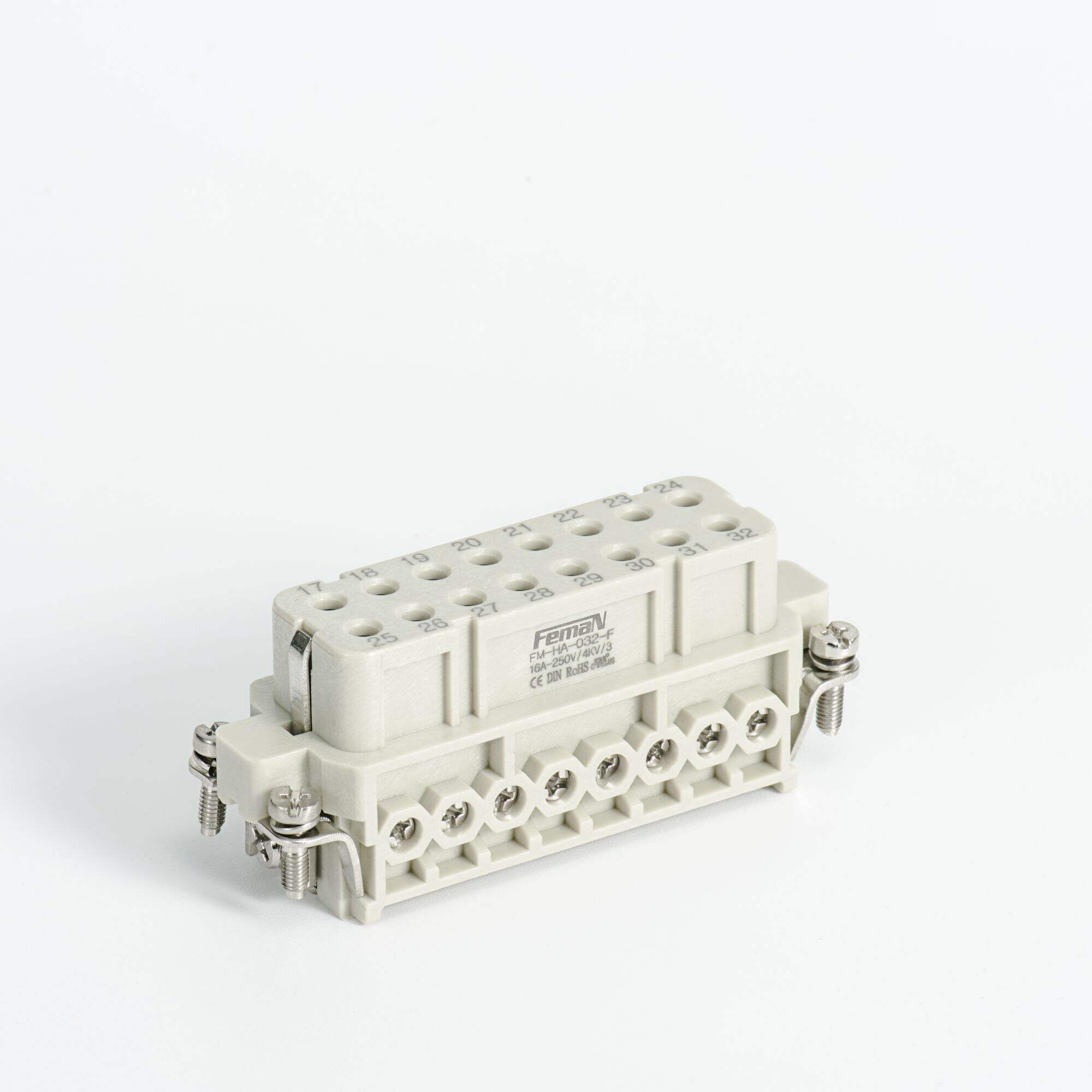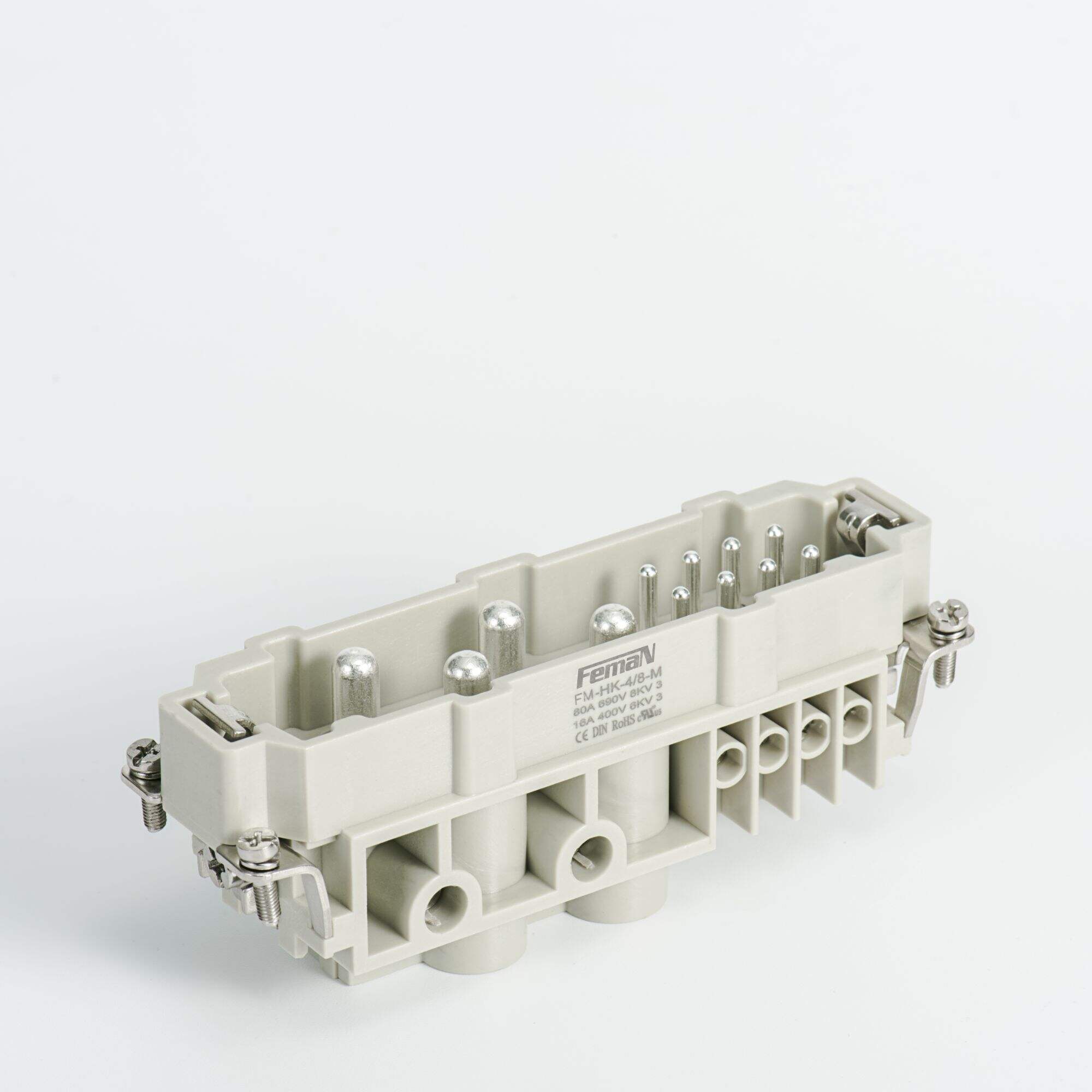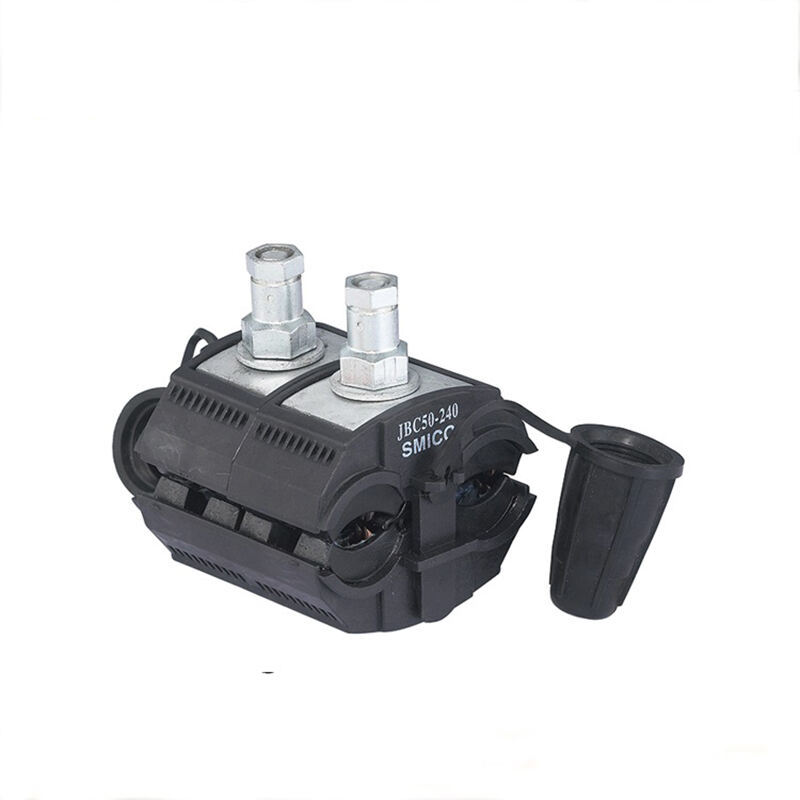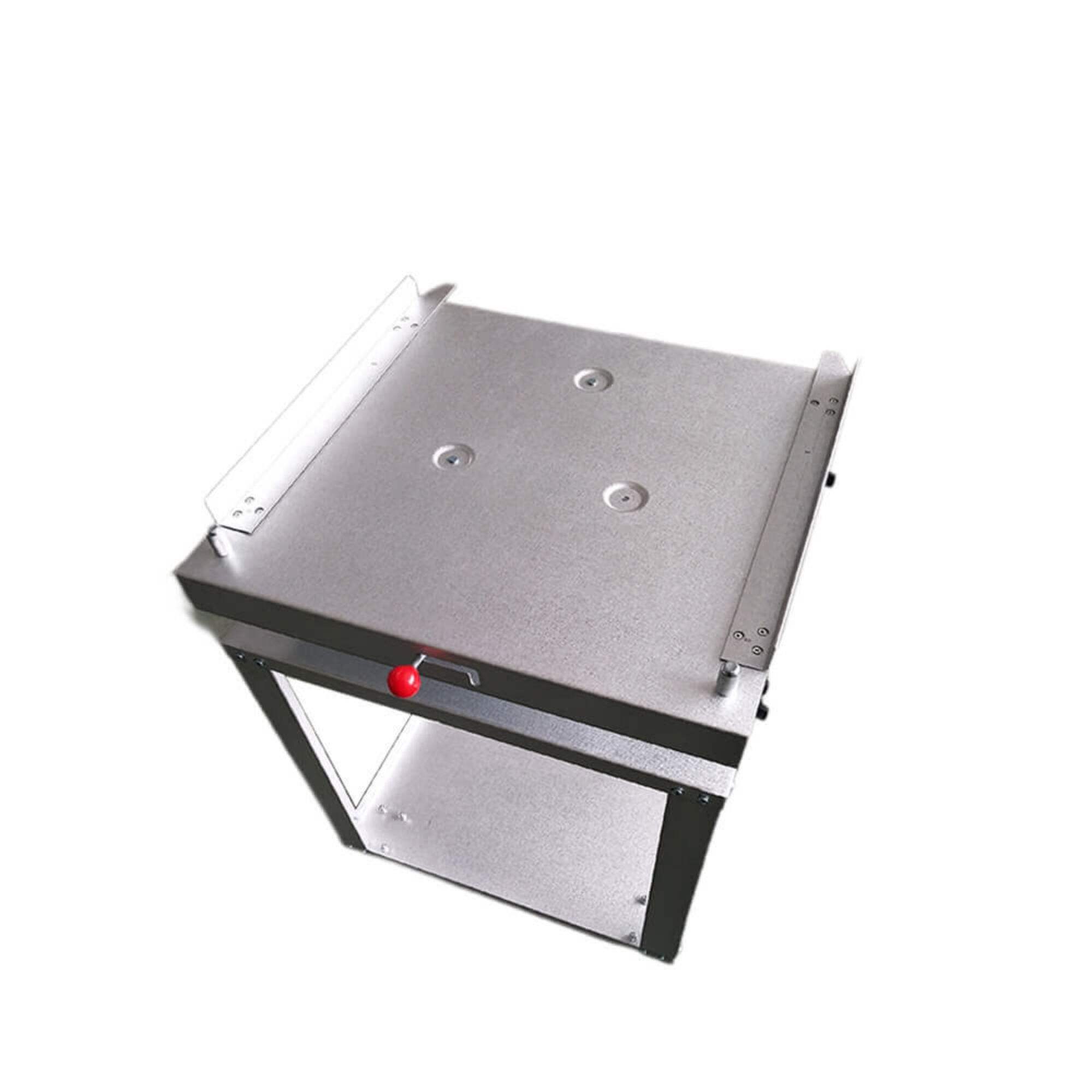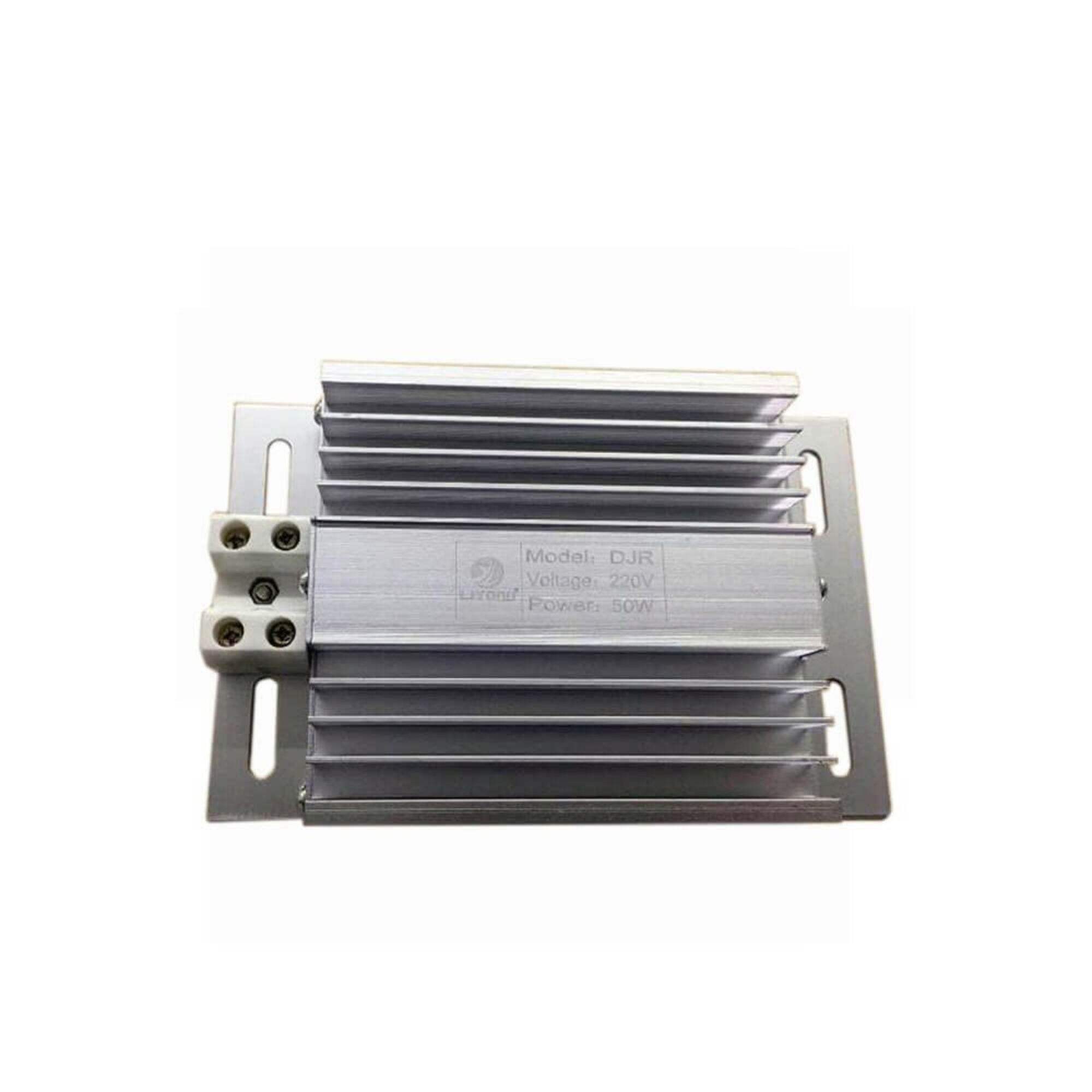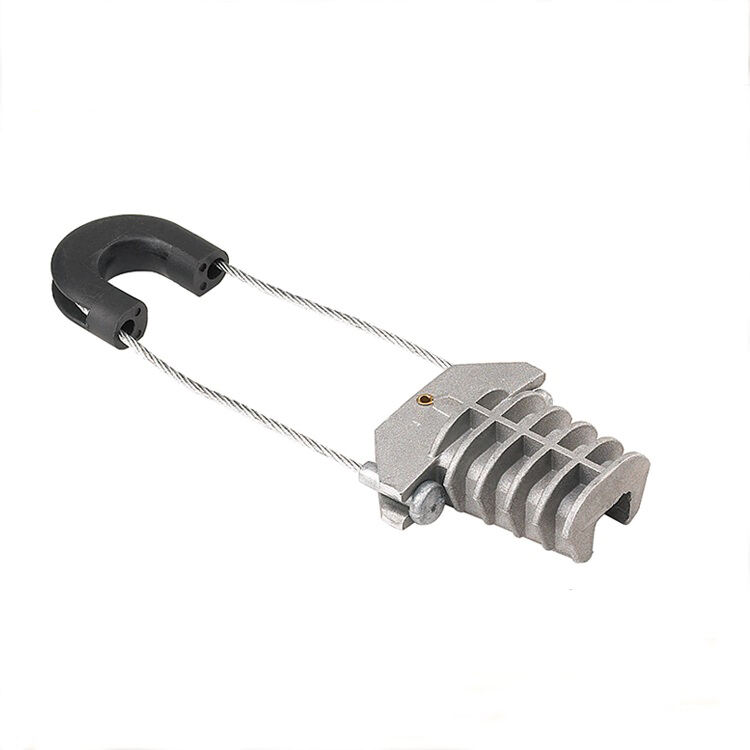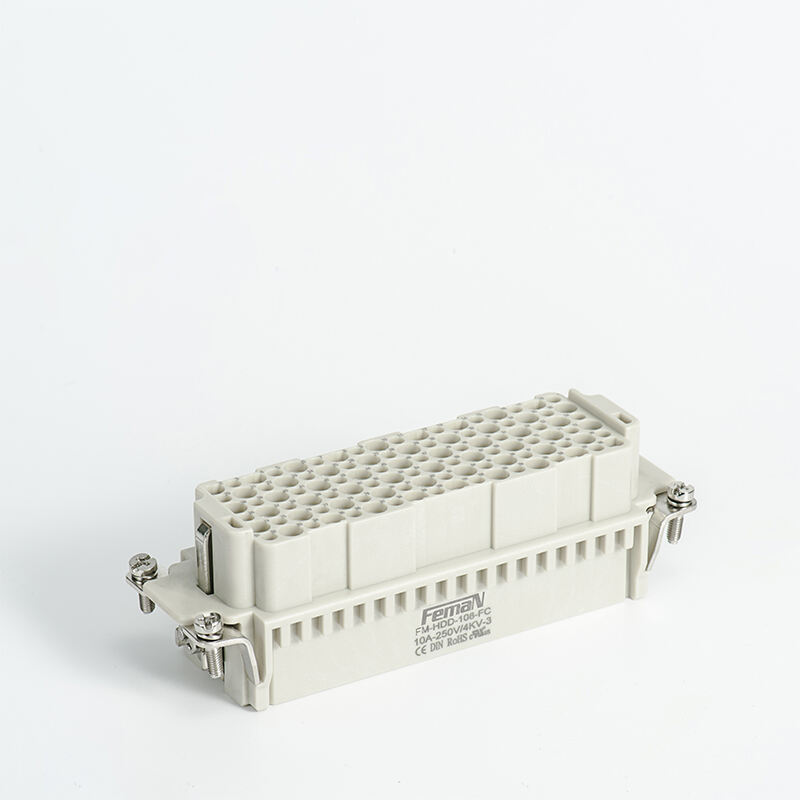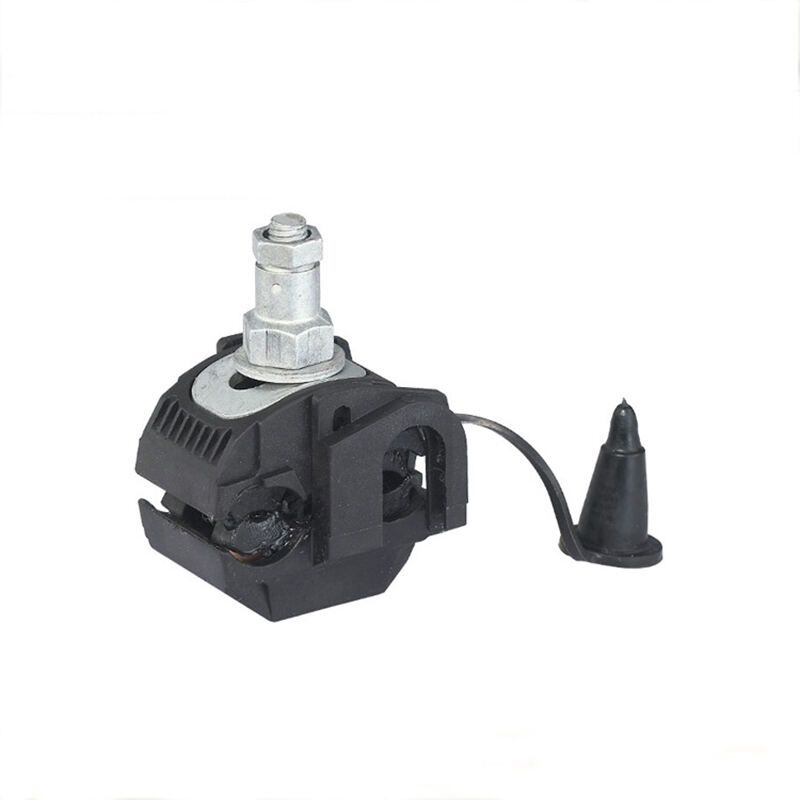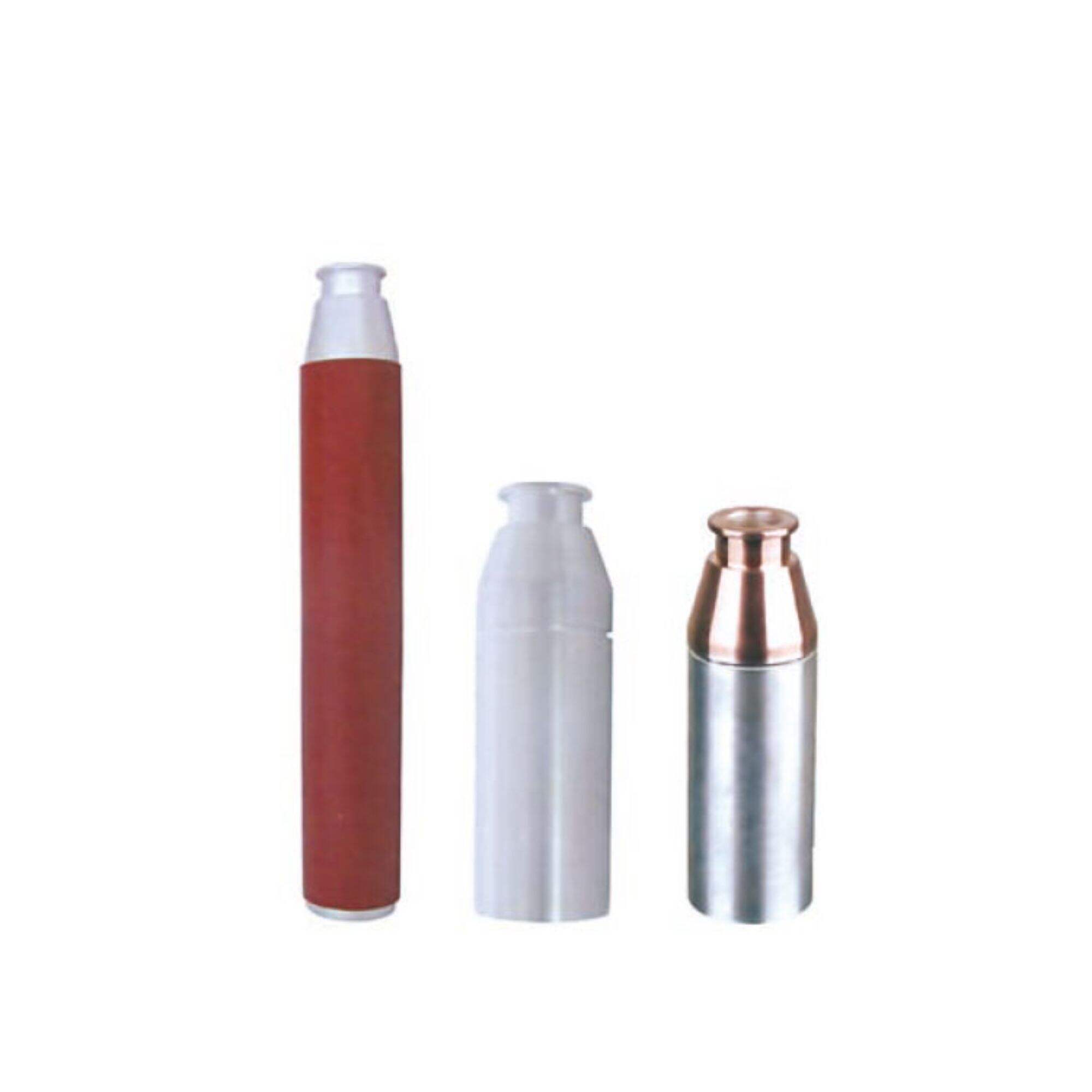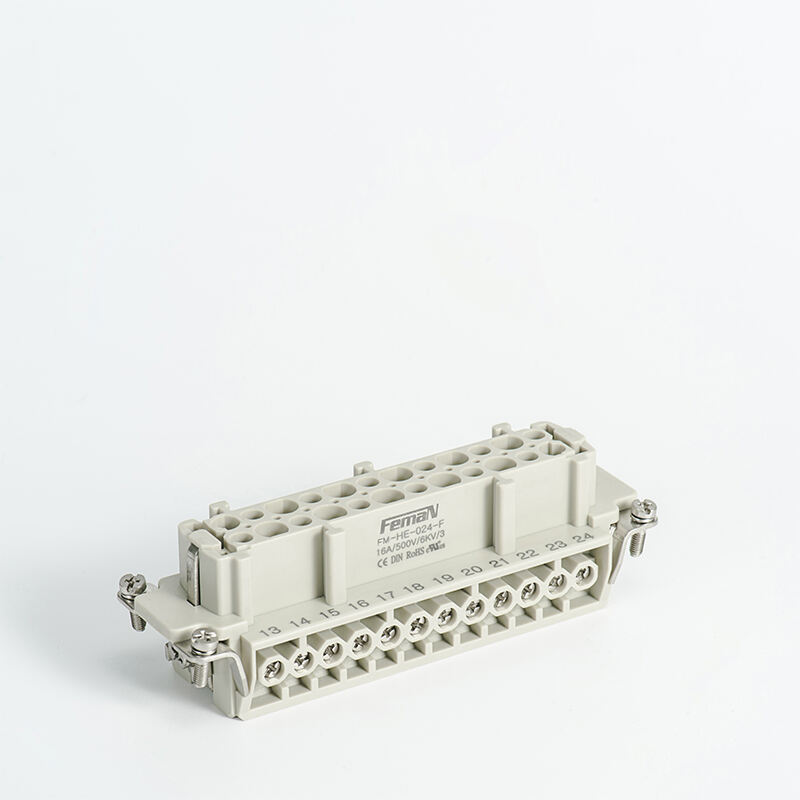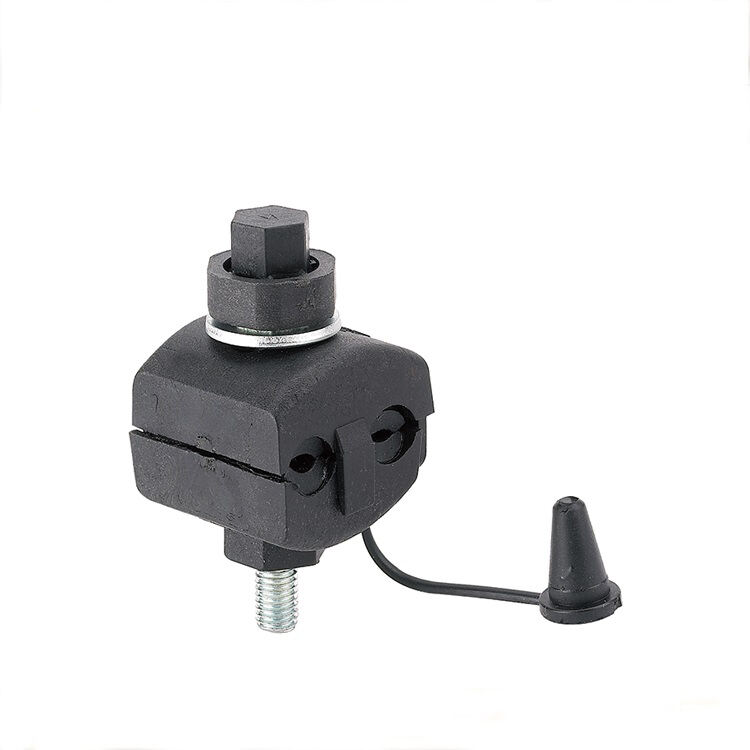
Overview
Parameter
Inquiry
Related Products
Description: The insulation piercing connectors are applicable for all types of LV-ABC conductors as well as connections in service line system, building electrical system and street lighting system. Insulation piercing connectors can be easily done by tightening the bolts to force the teeth penetrate the insulation of main line and tap line simultaneously. Stripping of insulation is avoided for both lines.
● Main line: Insulated aluminium cable
● Tap line: Insulated aluminium cable or Insulated copper cable
● Body is moulded from tough and weather resistant materials
● Special designed shear head bolt allows efficient installation under controlled shear torque which ensure the contact teeth properly penetrate the conductor without damaging the mechanical strength of the conductor
● Tested for watertightness at the voltage of 6kV for 1min under water
● Safe live-line installation
● Seals and grease are applied to prevent moisture entering the cable and connector which guarantees excellent waterproof and corrosion resistant performance
● End cap is attached to the body. No loose parts could fall to ground during installation
● Standard: EN 50483-4, NFC 33-020, NFC 33-004
| Dimensions | |
| Main Cable Line: | 6-25mm² |
| Branch Cable Line: | 6-25mm² |
| Nominal Current: | |
| Piercing Depth: | |
| Features | |
| Bolt: | |
| Mechnical | |
| Tightening Torque: | |
Description:
Insulation piercing connector is a cable connection product that replaces junction boxes and T junction boxes. There is no need to cut off the main cable during construction, and branches can be made at any position of the cable. There is no need for special treatment of wires and clamps, and the operation is simple and fast.
Quick Detail:
Different terms for products:IPC, Insulation piercing connector, insulation piercing clamp, cable connector, LV ABC cable connector
Main uses:The use of insulation piercing connector is another cable T connection method after cable distribution boxes and pre-branch cables. It can be used in low-voltage power and lighting distribution lines such as high-rise buildings, residential buildings, street light distribution, and outdoor overhead lines. It can be installed in shafts or in the open air.

 EN
EN
 AR
AR
 BG
BG
 HR
HR
 CS
CS
 DA
DA
 NL
NL
 FI
FI
 FR
FR
 DE
DE
 EL
EL
 HI
HI
 IT
IT
 JA
JA
 KO
KO
 NO
NO
 PL
PL
 PT
PT
 RO
RO
 RU
RU
 ES
ES
 SV
SV
 CA
CA
 TL
TL
 IW
IW
 ID
ID
 LV
LV
 LT
LT
 SR
SR
 SK
SK
 SL
SL
 UK
UK
 VI
VI
 SQ
SQ
 ET
ET
 GL
GL
 HU
HU
 MT
MT
 TH
TH
 TR
TR

